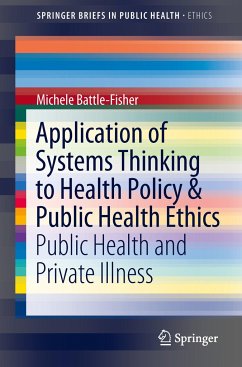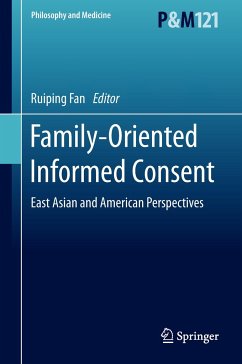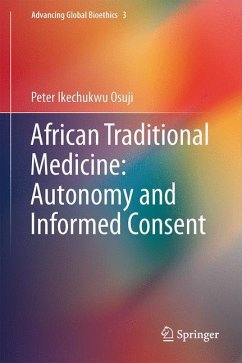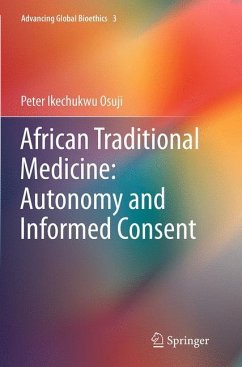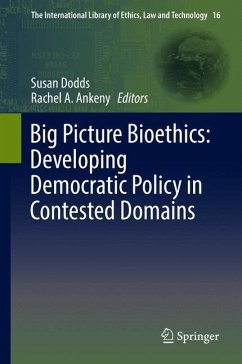
Toward a Small Family Ethic
How Overpopulation and Climate Change Are Affecting the Morality of Procreation

PAYBACK Punkte
21 °P sammeln!
This thought-provoking treatise argues that current human fertility rates are fueling a public health crisis that is at once local and global. Its analysis and data summarize the ecological costs of having children, presenting ethical dilemmas for prospective parents in an era of competition for scarce resources, huge disparities of wealth and poverty, and unsustainable practices putting irreparable stress on the planet. Questions of individual responsibility and integrity as well as personal moral and procreative issues are examined carefully against larger and more long-range concerns. The a...
This thought-provoking treatise argues that current human fertility rates are fueling a public health crisis that is at once local and global. Its analysis and data summarize the ecological costs of having children, presenting ethical dilemmas for prospective parents in an era of competition for scarce resources, huge disparities of wealth and poverty, and unsustainable practices putting irreparable stress on the planet. Questions of individual responsibility and integrity as well as personal moral and procreative issues are examined carefully against larger and more long-range concerns. The author's assertion that even modest efforts toward reducing global fertility rates would help curb carbon emissions, slow rising global temperatures, and forestall large-scale climate disaster is well reasoned and more than plausible.
Among the topics covered:
· The multiplier effect: food, water, energy, and climate.
· The role of population in mitigating climate change.
· The carbon legacy of procreation.
· Obligations to our possible children.
· Rights, what is right, and the right to do wrong.
· The moral burden to have small families.
Toward a Small Family Ethic sounds a clarion call for bioethics students and working bioethicists. This brief, thought-rich volume steers readers toward challenges that need to be met, and consequences that will need to be addressed if they are not.
Among the topics covered:
· The multiplier effect: food, water, energy, and climate.
· The role of population in mitigating climate change.
· The carbon legacy of procreation.
· Obligations to our possible children.
· Rights, what is right, and the right to do wrong.
· The moral burden to have small families.
Toward a Small Family Ethic sounds a clarion call for bioethics students and working bioethicists. This brief, thought-rich volume steers readers toward challenges that need to be met, and consequences that will need to be addressed if they are not.





